Ben Duke belongs to a class of younger choreographers who have decided to flout the convention that dancers should remain silent on stage. Liberating their voices is by no means a new phenomenon (in 1961 Frederick Ashton had Svetlana Beriosova speak verse by Gide in his sadly forgotten Persephone), but it’s one that particularly suits our culture’s dislike of rigid genres, and Duke makes playful use of it in the double bill entitled Death Trap that makes up Rambert’s current tour, which lands at Sadler’s Wells on 22 November.
Goat is the less successful of his two pieces. In what looks like a school hall, a crass television compère interviews the participants in a ritual dance of death, a modern Sacre du printemps, presided over by solemn acolytes traumatised by what we are told is ‘a time of extreme crisis’. Out of their number is selected – how? – the Chosen One, who is none too pleased at the honour. Stripped to his underwear, stickered with Post-it notes and crowned with a ram’s skull, he is taunted by his fellows and left to whip himself into a fatal frenzy. Jonathan Wade endures this ordeal in a stunning solo of terrified self-laceration; his corpse is then mourned by his lover in a rather maudlin monologue. Songs by Nina Simone and Frank Sinatra’s ‘My Way’ provide the unlikely music. None of these elements is strikingly original, and although it is performed with total conviction, it’s neither quite funny nor sinister enough to hit any firm target.
Cerberus is a more subtle and intriguing joke. I first saw this last year, and felt it was merely whimsical and bemusing. A second viewing yielded some deeper poetic resonance in the way it plays on the theme of Orpheus’s journey into Hades, a wake for a disembodied Eurydice who is neither dead nor alive, and an umbilical cord that is also the climber’s rope, leading from birth to death. Pretentious perhaps, but Duke has a light, inventive touch that stops it being portentous, and Rambert’s superb troupe of dancers (not least the astonishing one-legged Musa Motha) relish all its nuances and let rip in bursts of gloriously exuberant jiving.
At the Linbury Theatre, more verbalising. The Limit adds a dimension of dance to Sam Steiner’s Lemons Lemons Lemons Lemons Lemons, a recently popular two-hander play which explores the course of a fairly mundane relationship between a left-wing male activist and a conservative female lawyer in a future in which the government restricts its citizens to speaking 140 words a day. Why this ‘Orwellian’ scenario should have come to pass is never explained, nor is one ever told whether the written word counts towards the ration. But unlimited scope for body language remains, and that’s where dance can score. So in the interstices of Steiner’s text, choreographer Kristen McNally (in combination with director Ed Madden and composer Isobel Waller-Bridge) attempts to indicate that the way we move can be more expressive than what we say. Alas, she falls short: the gestures, the contortions, the sculpture, aren’t intense or specific enough to register any psychological charge. They jump, they run, they turn, they intertwine. But they remain dancers; they don’t become people. The effect is bland.
This despite admirable performances by Alexander Campbell and Francesca Hayward, one of several strongly established partnerships in the upper ranks of today’s Royal Ballet. That they should move with total assurance and exquisite fluency one might have expected, but they also handle the dialogue expertly. If only McNally’s moves and Steiner’s words had fed their talents something more than slim pickings.
Got something to add? Join the discussion and comment below.
Get 10 issues for just $10
Subscribe to The Spectator Australia today for the next 10 magazine issues, plus full online access, for just $10.
You might disagree with half of it, but you’ll enjoy reading all of it. Try your first month for free, then just $2 a week for the remainder of your first year.

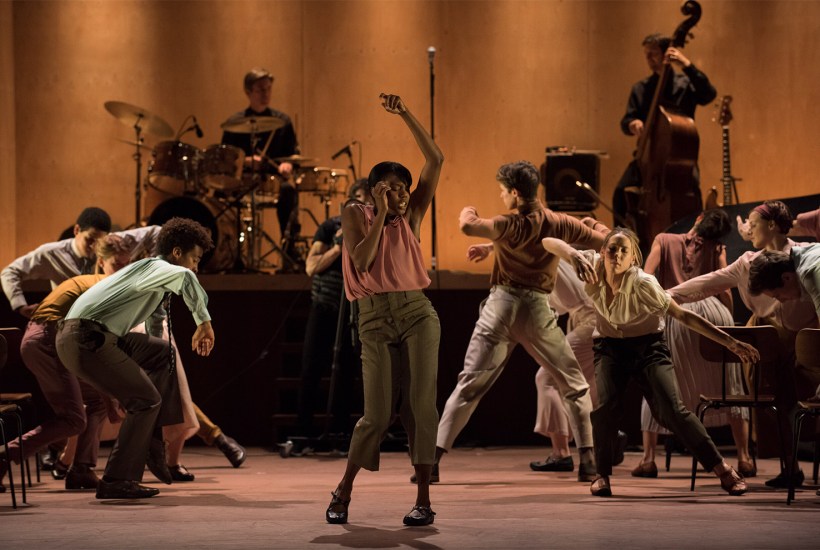
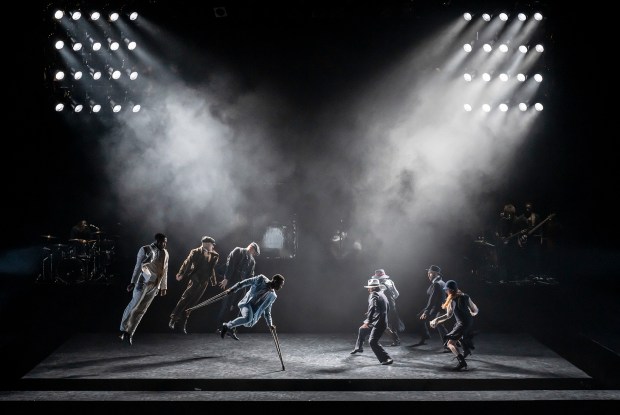
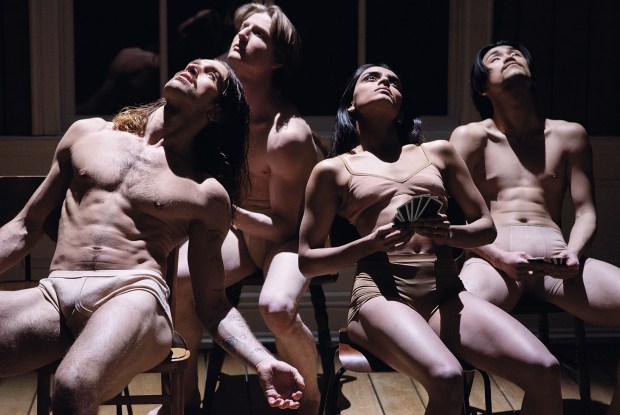

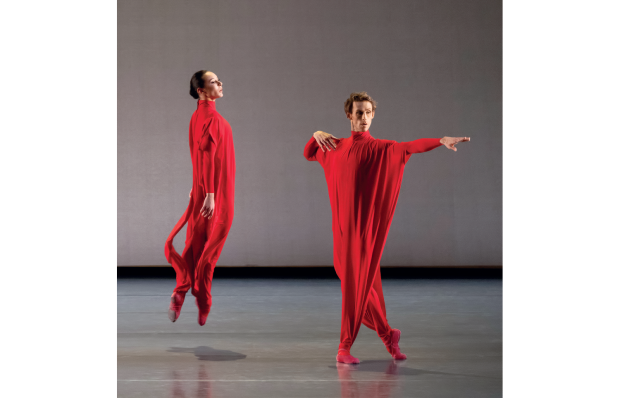
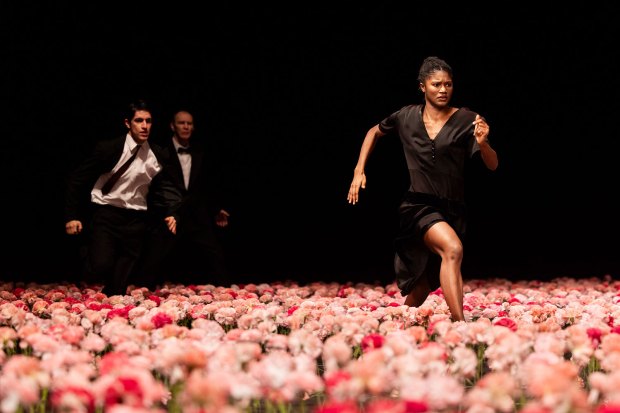
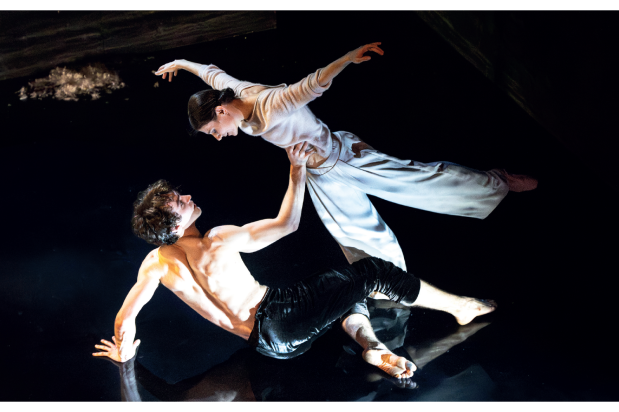






Comments
Don't miss out
Join the conversation with other Spectator Australia readers. Subscribe to leave a comment.
SUBSCRIBEAlready a subscriber? Log in